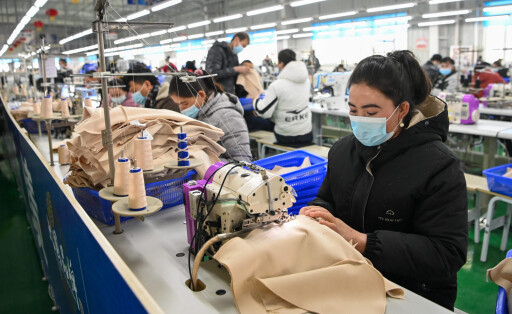Supply chains in China
In a globalized world, supply chains are one of the most important elements in international trade. In recent years, working conditions and human rights violations in supply chains have caused a stir. The question arises whether Western companies profit from the treatment of workers in China that violates human rights. But it is no longer just about the forced labor of the ethnic minority of the Uyghurs in the cultivation of cotton. In the meantime, large corporations such as Apple and Volkswagen are being targeted. In addition to the European investment agreement CAI (Comprehensive Agreement on Investment) and a planned supply chain law for German companies, Western countries are taking action with sanctions and boycotts against China, but also against the companies involved. But the coronavirus pandemic has also affected supply chains. There have been increased supply bottlenecks and empty shelves worldwide. China wants to counter this with a state-owned logistics company called China Logistics Group. From EU supply laws to human rights violations and sanctions to suppliers and trade strategies - news and articles on China supply chains up to date from the Table.editorial team!




